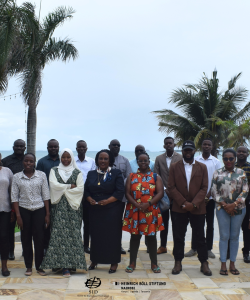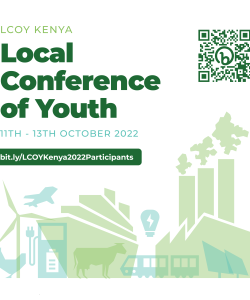News
On September 24, the Civil Society Financing for Development (FfD) Mechanism issued a communique condemning the failure of UN member states to advance international financial architecture (IFA) reforms during the UN Summit of the Future.
Join the conversations and insights from the panel of speakers at the continental agency level as we review negotiations of the Pact for the Future and map how those align with the aspirations of the AU Agenda 2063; and contribute to our mapping of what Africa’s future might look like post-Summit of the Future.
The Pan-African Conference on Inequalities in the Context of Structural Transformation took place from 28-30 April 2014, in Accra, Ghana.
It’s ‘all systems go’ for the curation of the Sustainable Energy Futures for Tanzania Report. This follows a successful consultative research workshop organized by the Sustainable Energy Futures (SEF) Project team, with the support of Heinrich Boll Foundation, in Dar es Salaam, Tanzania on 27 August.
The Local Conference of Youth on Climate in Kenya (LCOY Kenya) is an annual event under the auspices of YOUNGO, an official constituency of the United Nations Framework Convention on Climate Change (UNFCCC)
About 80 percent of Kenya’s population is dependent on biomass, especially wood and charcoal, for basic energy needs. However, discussion about energy in Kenya is dominated by petroleum and electricity generation.
In a historic step forward in the fight for a fair and effective international tax system, States have overwhelmingly voted to adopt the terms of reference for the UN Tax Convention, the mandate for the new global tax rules. The vote took place on Friday 16 August at the UN Headquarters in New York.
On Wednesday 21 August 2024 the Society for International Development (SID), in partnership with Heinrich Boll Foundation, through the Sustainable Energy Futures Project (SEF) hold a virtual Public Energy Futures Forum under the theme: Unpacking Clean Cooking Developments in Kenya - Challenges and opportunities.








